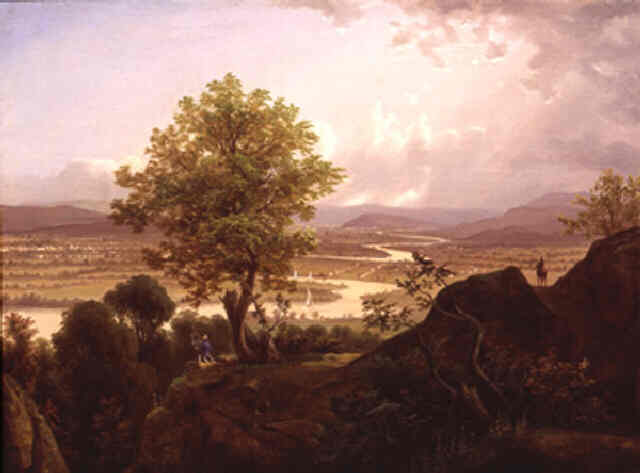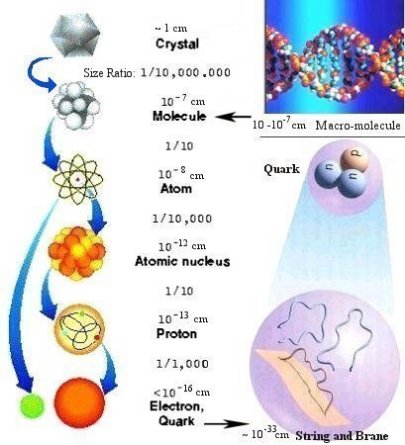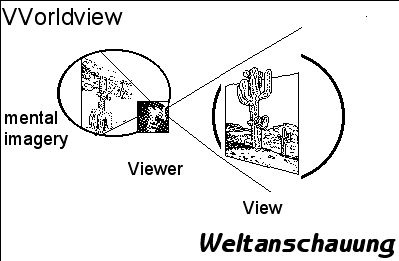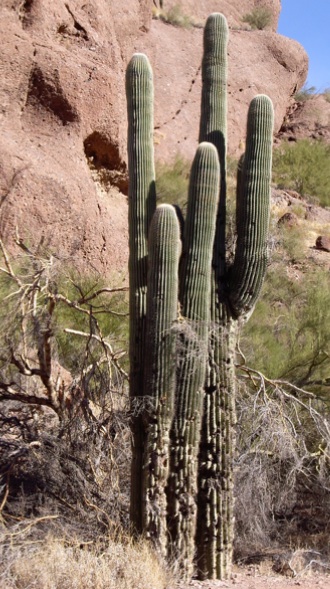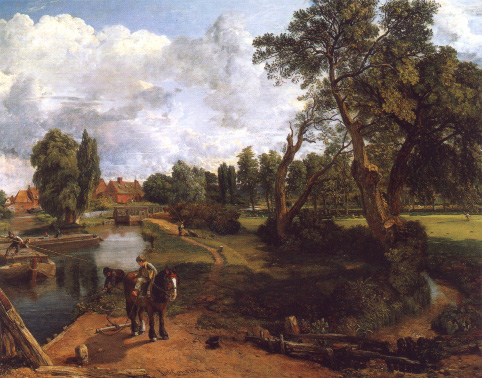 Desiderata
Desiderata BibliographyBiodiversityBriefings
Courses 1
Courses 2
Courses 3
We are imaginative, symbol users, who mimic sensory experiences.
![]()
As a human with an imagination, I am reliant on symbols to inform the images I see with my mind's eye. As a creator of images, I must create images from what I absorb by paying attention to my experiences, sensing my surroundings and envisoning what might be. In developing an imagination, we all sense, read, experience and dream.
As intelligent observers, what we are imagining is not necessarily accurate, with respect to the surrounding world. There are degrees of inaccuracy, therefore, or gradations of uncertainty in what we imagine to be true (fact) or not (fiction).
Our task is to separate the image – in our minds – from the thing, concept, event, or person we imagine.
The mind transforms what we experience and we call some of that capacity the skill of giving meaning to what we see, hear, and do.
Because words are what we use to express our images, or the image we want to convey to others, we must use care because we use these words to reinforce and inform our world views., or Weltanschauung.
Words and symbols are the tools we use, with proper context, grammar, and syntax to convey our images. Since words may either elucidate, or deceive, we do not want to trust words to convey what the images means to us.
As images and words are all we ever have, a healthy dose of doubt is a very effective and necessary antidote to becoming deluded by our, or other's images. In getting beyond the words and the images we need all the assistance we can to envision the world as it may have been.
This is because the world always retreats from or -- if you prefer, races ahead-- of our perceptions of its features and changing elements. Our images are like the light of stars in the night sky, they tell is what was there, but perhaps not at all what is now here amongst us.
Yet what fabulous and wonderful images are we capable of creating that reflect, with sufficient doubt, the eternal paradox inherent in the way of the world.
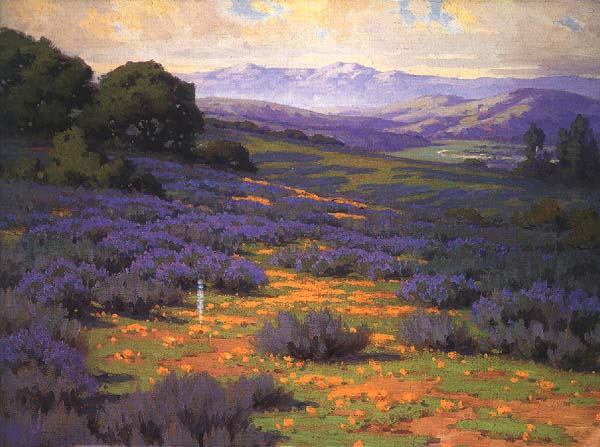
Through the doors of doubt lies the confirmation that we may imagine a world almost a grand as the actual world is forever becoming.

